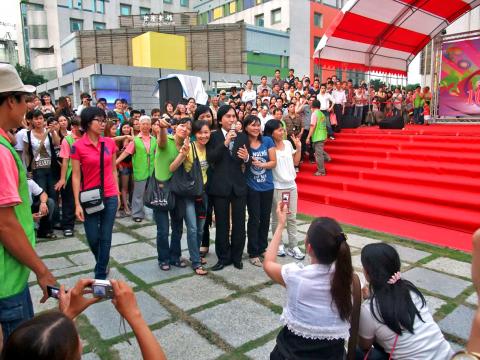One of the biggest problems that first world countries are facing now and in the foreseeable future is that we have a glut of elderly people in need of domestic caretakers. High tech countries have low birth rates, and while this may seemingly make the standard of living of the average person higher than in those countries with a high birth rate, because people with fewer children are not burdened with many dependents, in the long run this leaves many elderly people with no one able to care for them in their dotage.
Not all elderly are wealthy, and despite all the social safety networks in place, many need help that they are not able to get without resorting to hiring an imported domestic worker who will accept reduced wages and working conditions. In Taiwan and in Israel, it is not unusual for elderly people to be cared for by workers imported from poorer countries for the specific purpose of becoming temporary "domestic caretakers". Notice that I am using the modern euphemism for what used to be unabashedly called "a servant." Servants and slaves have not gone away, but we distance ourselves from the concepts, by giving them new names.
 |
| Vietnamese workers in Taipei http://www.taipeitimes.com/images/2015/03/08/P01-150308-a4.jpg |
The difference between an ordinary servant and a slave is whether the service is voluntary. But how voluntary it is can be better gauged by how many runaways you have than whether there is an employment contract in hand. In Taiwan, according to the article linked below, there is a runaway problem with people imported from Vietnam,
http://www.taipeitimes.com/News/front/archives/2015/03/08/2003613033
Due to the loss of workers form Indonesia, Taiwan is considering lifting a ban on Vietnamese domestic workers, a ban that was initiated due to the high rate of "absconding" that was associated with Vietnamese workers, Why was there such a high rate of absconding?
Without reforms to guarantee vacation rights and adequate wages, absconding would likely remain common among migrant workers, Wu said, adding that brokerage fees for Vietnamese workers in Taiwan cost up to US$7,000 per person — the most expensive among all migrant worker-providing countries.If we read between the lines and break through the doublespeak, here is the picture I get: People from Vietnam were being sold into the labor market in Taiwan at $7,000.00 a person. The "brokerage fee" went to someone in Vietnam, not to the worker himself. This is very similar to the indentured servitude model that we used to have here in the United States since Colonial times. Workers who abscond are runaways. Today, the slave masters in Hanoy are offering to punish runaways more severely, and this makes the purchasers in Taiwan feel that perhaps the laborers they are planning on purchasing in the future will be more reliable.
People in Taiwan could try to solve this problem by passing more laws to protect indentured servants. Or they could do away with the thing that created this market for imported workers in the first place: the guarantees mandated by law for a minimum wage and benefits for domestic workers who are truly domestic.
 |
| A woman I saw on the streets of Taichung in 1998 |
There are poor people in Taiwan. I have seen them with my own eyes. But they never get these caretaking jobs, because the jobs go to people who have fewer guaranteed rights as to exactly what working conditions and salary and benefits they will have.
